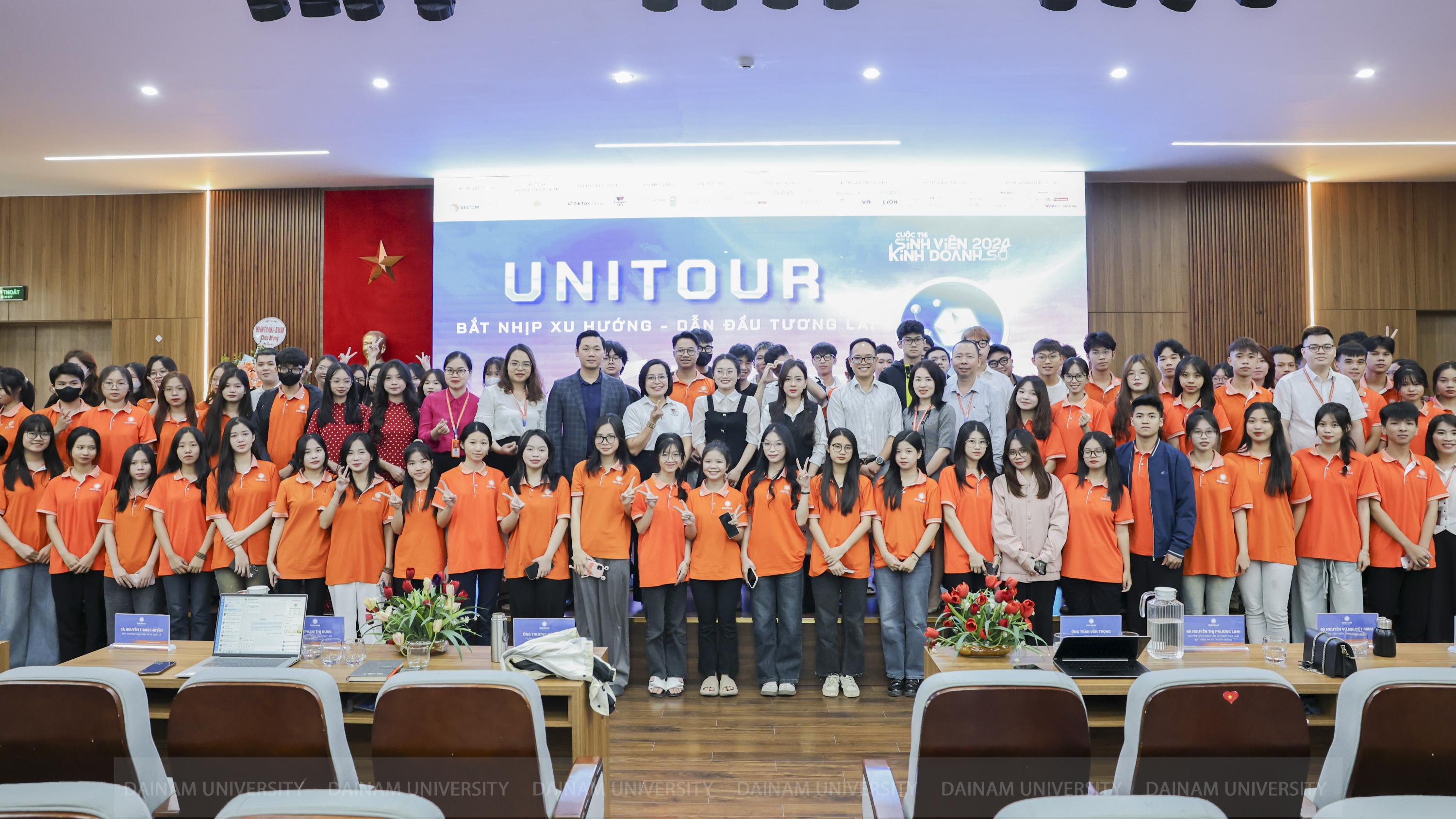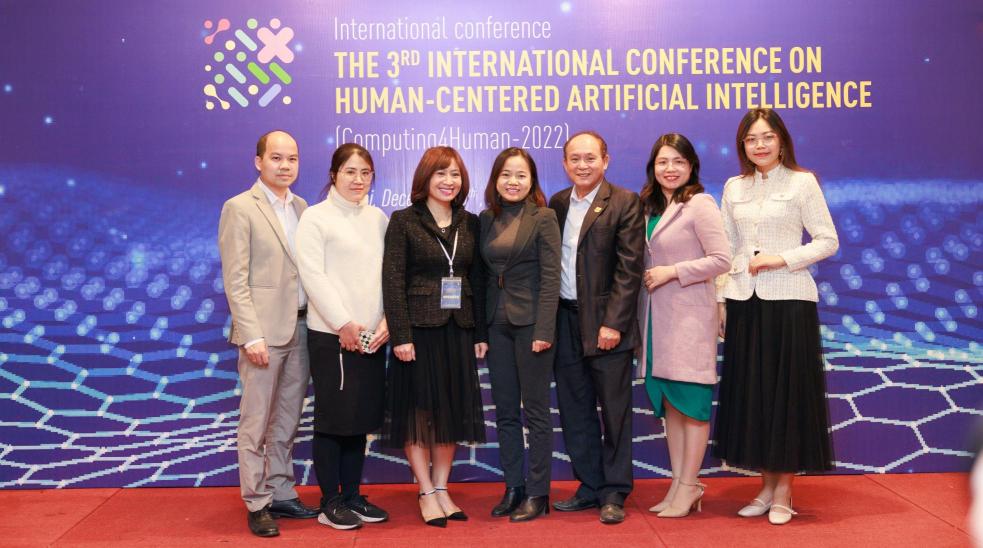Digital transformation in university training

Digital transformation is a comprehensive process of change for individuals and organizations in the way they live, work, and produce and train in a digital environment with digital technologies. Digital business models and processes will restructure the economy in general and each area of social life in particular, including the field of university education. Digital transformation, on the one hand, is a transformation process at the system level to change behavior on a large scale, on the other hand, at the enterprise level, digital transformation means integrating digital solutions into all areas of the enterprise, profoundly changing the way the enterprise operates by creating new business processes, customer experiences and organizational culture. It not only recreates traditional methods but also creates new methods to meet changing market expectations. In other words, digital transformation is not only a change in technological solutions or operating processes of a business or a market entity, but also a change in culture, requiring market entities to recreate their business organization model. The essence of digital transformation is innovation.
Digital transformation in higher education is not simply a process of changing the way of teaching and learning or shifting from direct teaching and learning to online teaching and learning. Digital transformation in higher education is essentially bringing all training activities to the digital environment, changing the way training activities operate on 4 key contents: teaching activities, learning activities, research activities and management activities of teaching, learning and research processes.
To be able to transfer the above activities to a digital environment, that is, to carry out digital transformation of university training, it is necessary to carry out computerization, that is, to digitize input information related to teachers, learners, documents, resources, processes, etc. This is the step of converting information from analog in the real world to digital format. Based on the data system, the application of digital technology to link and use digital data will make training activities more convenient, faster and more effective than the traditional training method, when having to work with piles of archived records. And when activities take place in a digital environment, the source of data on university training activities will increase and enrich, as well as open up new ways of training and managing training activities. Thus, digitalizing data is the first step in the process of digital transformation of university training.
The digital transformation process in higher education in Vietnam is taking place along with the trend of digital transformation in the economy. At the macro level, digital transformation in education and training in general and university education in particular is affirmed to be one of the eight priority areas for digital transformation. The Ministry of Education and Training has also issued a number of regulations as a basis for promoting digital transformation such as: regulations on the application of information technology in management, operation, and teaching; organizing online training, forming regulations on distance learning at university and postgraduate levels; In 2018, information of 393 universities and colleges with 2.5 million students and 120,000 lecturers was also updated on the industry database system... At the micro level, many universities have been proactive in digital transformation, such as Ho Chi Minh City University of Technical Education, which has established a Virtual Teaching Center (UTEx), organized online courses, built a large data center... Currently, 100% of classes can be taught online. Ho Chi Minh City University of Economics (UEH) has been digitizing since 2009 when it first deployed the credit training system. In 2016, the e-learning system was put into operation according to a combined teaching model on a school-wide scale, and to date, 100% of classes have deployed supplementary online tools.
However, the current digital transformation process of university training still has many limitations and lacks synchronization. The digitization of learning materials is still individual, spontaneous, not systematic, difficult to check quality and lacks cohesion and sharing among schools. Although the Ministry of Education and Training has issued guiding documents, they are not yet synchronous. For example, online teaching and learning has only been recognized, but online exam results have not been recognized. In addition, investment resources, both human resources in information technology and facilities and equipment, especially in some private universities, are also limited...
To promote digital transformation in university training, we need to focus on the following solutions in the immediate future:
- It is necessary to continue raising awareness of the inevitable trend and content of the digital transformation process in university training, not only for teachers and learners, but also more importantly for leaders and managers of university training institutions. Many opinions say that the resistance to digital transformation of an organization is mainly in the leader, not in the staff, because the staff and the service objects of that organization always benefit from digital transformation.
- Completing mechanisms and policies to create a legal corridor for digital transformation such as regulations on recognition of online learning and testing results, regulations on copyright and intellectual property in digital learning materials, obligations and responsibilities of online teachers and learners, etc.
- Invest in IT infrastructure and synchronous facilities for teaching, learning and research activities as well as for training process management activities.
- There needs to be a program and plan to train IT resources one step ahead while upgrading general IT skills for teachers and learners to ensure the requirements of working in the digital environment.
- The digital transformation roadmap for university training does not necessarily have to be sequential from digitalizing information to building a complete database, then digitizing processes and digital transformation. To promote and shorten the digital transformation process, it is necessary to conduct a smooth and synchronous digital transformation of the organization along with the digitalization of data and the digitalization of operational and management processes. This simultaneity, along with the use of the latest digital technologies, will help the digital transformation of university training to be faster and more effective.
Assoc.Prof.Dr. Vu Van Ha - Institute of Postgraduate Training










